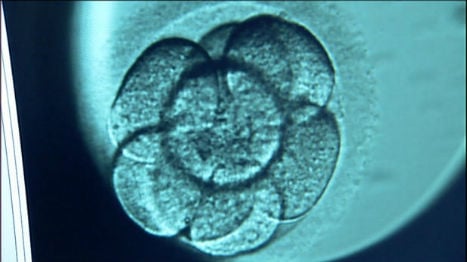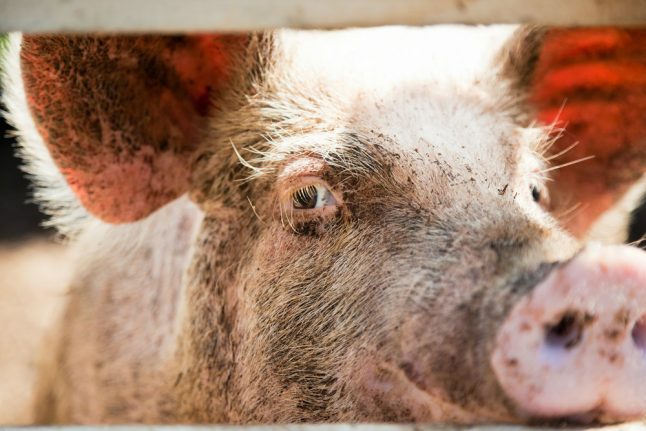(function(d, s, id) { var js, fjs = d.getElementsByTagName(s)[0]; if (d.getElementById(id)) return; js = d.createElement(s); js.id = id; js.src = “//connect.facebook.net/en_GB/sdk.js#xfbml=1&version=v2.3”; fjs.parentNode.insertBefore(js, fjs);}(document, ‘script’, ‘facebook-jssdk’));
Kære alle sammen, NU kommer 'Kærlighed på strå”. Mange af jer har givetvis hørt en masse om en film, som jeg har…
Posted by Søs Hoffman on Friday, 18 March 2016



 Please whitelist us to continue reading.
Please whitelist us to continue reading.
Member comments